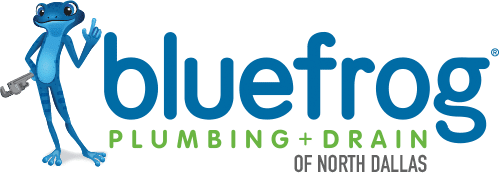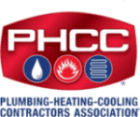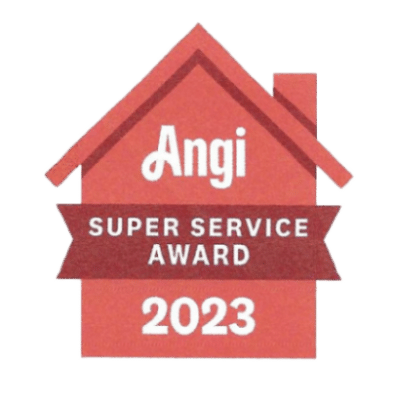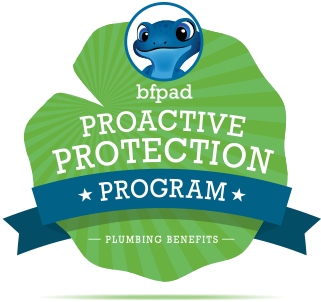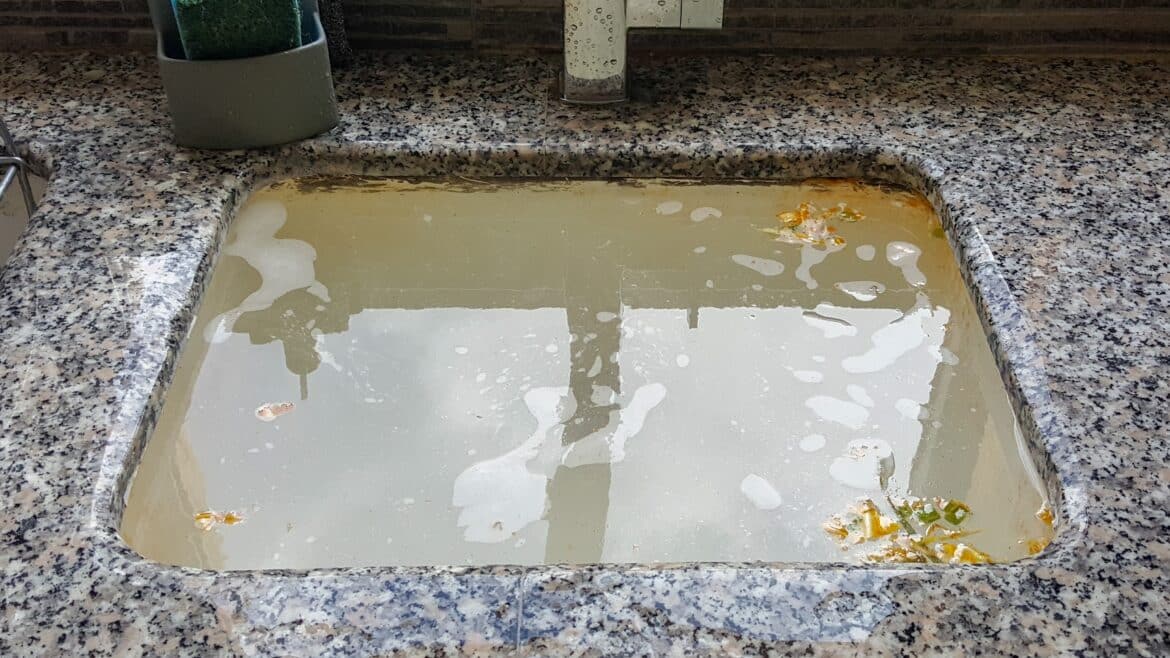
Sewer Backups from Clogged Drains: What to Do
Sewer backups from clogged drains are a pressing concern for homeowners in Plano and Highland Park, Texas, especially during March when unpredictable weather can exacerbate plumbing issues. Understanding the causes, recognizing the signs, and knowing the appropriate actions can help prevent extensive damage and maintain a healthy living environment.
What Causes Sewer Backups in Plano and Highland Park?
Sewer backups are a serious concern for homeowners in Plano and Highland Park, especially during March when heavy rains are common. Understanding what causes sewer backups helps prevent them from damaging your property and disrupting your daily life. Below are the four most common causes of sewer backups in this area.
-
Tree Root Infiltration
Mature trees in neighborhoods like Highland Park often have large root systems. These roots search for moisture and can easily break into older sewer lines. Once inside, they continue growing, blocking wastewater flow and causing sewer backups. Regular inspections can catch these issues early before they turn into major problems.
-
Household Drain Clogs
Improper disposal of grease, paper towels, and hygiene products can clog drains and main sewer lines. Over time, these materials create thick blockages that stop wastewater from moving freely. When clogs build up, the result is often a sewer backup inside the home. Preventing these clogs starts with careful habits in the kitchen and bathroom.
-
Aging Sewer Pipes
Many homes in Plano and Highland Park were built with clay or cast iron sewer pipes. These materials deteriorate over time, becoming cracked or collapsed. Damaged pipes make it impossible for wastewater to drain, causing backups that affect your entire plumbing system.
-
Heavy Rainfall and Flooding
March storms can overwhelm the municipal sewer system. Excess rainwater has nowhere to go, often reversing the flow into residential sewer lines. Without backwater valves, homes are vulnerable to sewer backups during these heavy downpours.
Early Warning Signs of Sewer Backups Every Homeowner Should Know
Recognizing the early warning signs of sewer backups can help Plano and Highland Park homeowners avoid costly damage. One common sign is slow drainage in multiple fixtures, such as sinks, bathtubs, and toilets. When more than one drain empties slowly, it often points to a blockage deeper in the main sewer line. Homeowners should take these slow drains seriously, as they usually indicate a developing problem.
Another warning sign is gurgling noises coming from your drains or toilets. These sounds occur when air gets trapped by an obstruction in the sewer line. If you hear strange bubbling or gurgling noises after flushing or running water, it is best to contact a professional immediately. Ignoring these sounds can lead to more severe sewer backups.
Unpleasant odors are another red flag that should not be ignored. Foul smells coming from drains, especially in the basement or lower levels of the house, often mean sewage is not flowing properly. These odors are more noticeable in March, when fluctuating temperatures can intensify plumbing issues in Plano and Highland Park.
Water backing up into your tub, shower, or basement floor drain is one of the most serious warning signs. If wastewater reappears in your home, it is a clear indication that your sewer line is blocked. This situation requires urgent professional attention to prevent further contamination and property damage.
Immediate Actions to Take When Sewer Backups Occur
When sewer backups strike, taking quick action is the best way to minimize damage and protect health. The first step is to stop using all plumbing fixtures immediately. Running water, flushing toilets, or using appliances like dishwashers will make the problem worse. Reducing water use gives the sewer system a chance to stabilize until help arrives.
Next, turn off the electricity in any area where water has backed up onto floors. Standing water near outlets, cords, or appliances creates a serious risk of electrical shock. Stay clear of these areas and avoid contact with anything connected to power. Safety should always be the top priority during a sewer backup.
Keep people and pets away from contaminated areas. Sewage water contains harmful bacteria and viruses that can lead to illness. Avoid direct contact with standing water and do not attempt to clean the mess without the proper protection.
Act quickly to resolve the situation and prevent further damage. Sewer backups are a serious issue and should be handled immediately to keep the home safe and clean.
Why You Should Never Handle Sewer Backups on Your Own
Dealing with sewer backups on your own can be dangerous and lead to serious health risks. Wastewater from a sewer line contains harmful bacteria, viruses, and other contaminants. Direct contact with this water can result in infections or illnesses that affect both people and pets. Even brief exposure can cause serious health problems if safety precautions are not strictly followed.
Without the proper tools and protective equipment, it is difficult to clean up sewer backups safely. Standard cleaning supplies are not strong enough to disinfect contaminated areas. Leaving behind even small traces of sewage can result in lingering odors and harmful bacteria growth. This can create unsafe conditions in your home long after the initial backup.
Attempting to clear a blocked sewer line without training can make the problem worse. Many sewer pipes are old or fragile, and improper techniques can cause serious damage. A small clog might turn into a broken pipe, leading to expensive repairs and extended downtime.
The best approach during a sewer backup is to avoid handling it yourself. Stay clear of the affected area and focus on keeping your family safe. Waiting for qualified professionals to manage the cleanup and repairs ensures the job is done safely and thoroughly.
How Sewer Backups Affect Your Health and Home Safety
Sewer backups pose serious threats to your health and home. When wastewater enters living spaces, it exposes everyone to dangerous contaminants. Understanding these risks helps you protect your family and avoid long-term damage.
-
Harmful bacteria and viruses spread quickly
Sewer backups bring bacteria like E. coli and viruses that cause illnesses. Contact with contaminated water can lead to skin infections, stomach issues, and respiratory problems. Avoid all direct exposure to protect your health.
-
Mold grows rapidly in damp areas
After a sewer backup, lingering moisture promotes mold growth. Mold often hides behind walls or under floors. Breathing in mold spores can trigger allergies and asthma attacks.
-
Home structures weaken over time
Sewage water damages wood, drywall, and insulation. Prolonged exposure can cause warping, rotting, and weakening of floors, walls, and foundations.
-
Electrical risks increase immediately
Water from sewer backups creates shock and fire hazards when it reaches outlets or appliances. Turning off power is critical for safety.
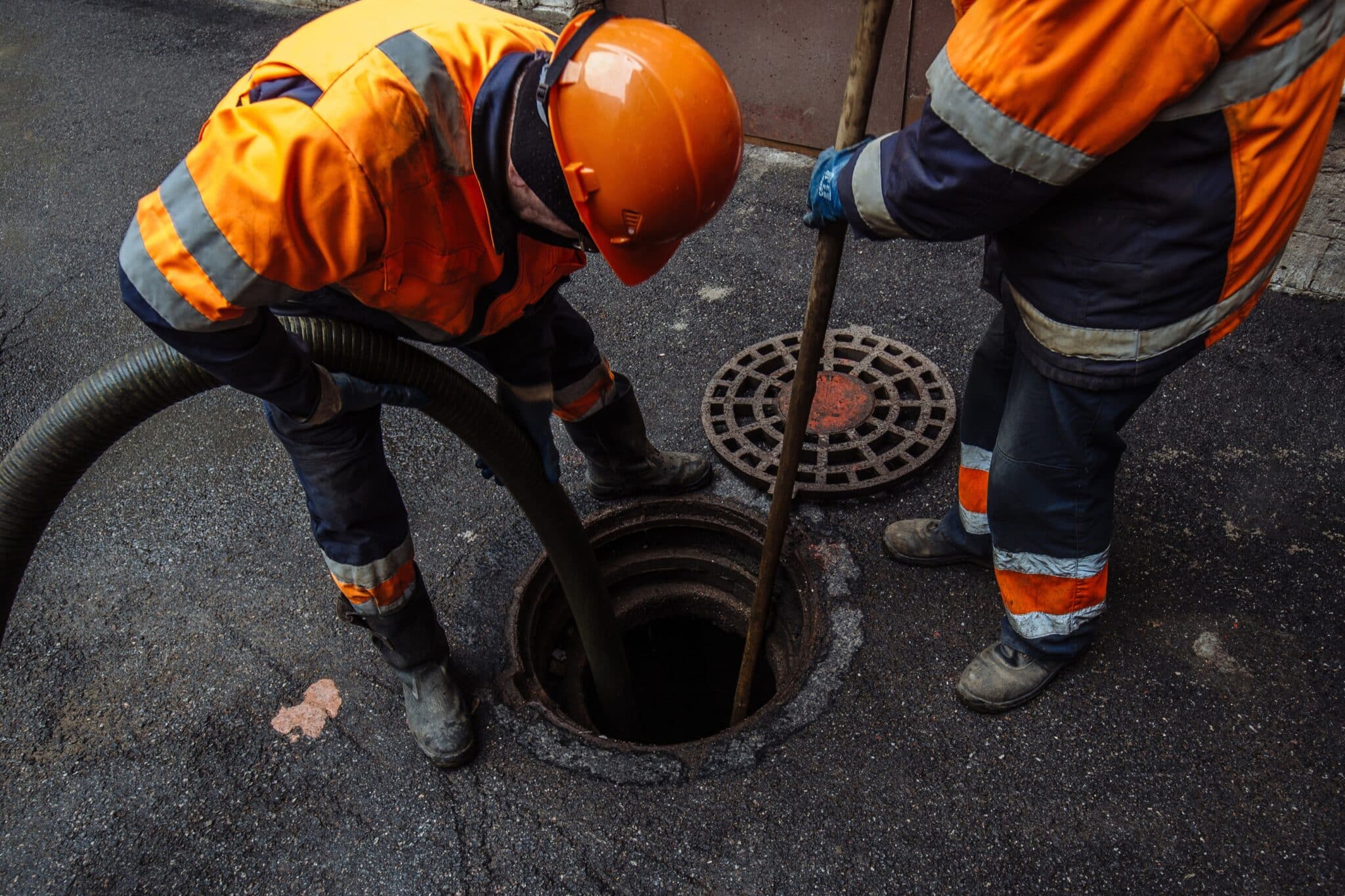
Practical Ways to Prevent Sewer Backups in Your Home
Preventing sewer backups starts with simple, everyday habits that protect your plumbing system. In Plano and Highland Park, where spring rains and aging pipes increase the risk, proactive steps make all the difference. Taking action now can help avoid expensive repairs and health hazards later.
-
Watch what goes down your drains
Never pour grease, oil, or fats down the kitchen sink. These substances harden inside pipes and cause major clogs. Only flush toilet paper—avoid wipes, paper towels, and feminine products to keep sewer lines clear.
-
Schedule regular sewer line inspections
Annual inspections help catch small problems before they turn into sewer backups. Professional cleanings remove buildup and keep wastewater flowing properly. This simple step can extend the life of your plumbing system.
-
Install a backwater valve
A backwater valve prevents sewage from flowing back into your home during heavy rainstorms. It is an effective barrier against sewer backups caused by overloaded municipal systems.
-
Be mindful of tree placement
Plant trees away from sewer lines. Tree roots often invade and damage pipes, causing blockages that lead to sewer backups.
The Importance of Regular Sewer Line Inspections
Regular sewer line inspections are essential to keeping your plumbing system in good shape. In Plano and Highland Park, many homes have aging pipes that can develop cracks, clogs, or weak spots over time. Inspections help identify these problems early, often before any warning signs appear. Early detection can prevent expensive repairs and avoid messy sewer backups.
An inspection typically involves using a special camera to check the inside of your sewer lines. This allows for a clear view of any blockages, root intrusions, or damage that might not be visible from above ground. Spotting issues like pipe corrosion or grease buildup before they worsen helps prevent unexpected plumbing emergencies. It is a smart way to keep things running smoothly.
Scheduling an inspection every year, or after major weather events, is a good rule of thumb. Heavy spring rains in March, common in this area, can increase pressure on sewer systems. Regular checks give you peace of mind, knowing your pipes are clear and in good condition.
Investing in routine inspections protects your home and helps avoid the health hazards of sewer backups. It is a proactive step that saves time, money, and stress in the long run. Regular maintenance keeps your plumbing system dependable year-round.
Protecting Your Home from Sewer Backups During Rainy March Weather
March in Plano and Highland Park often brings heavy rain, which can put extra pressure on sewer systems. When municipal sewers become overloaded, the risk of backups increases, especially in older neighborhoods. Taking steps to protect your home during this rainy season is essential. Preparation can make a big difference in avoiding costly damage and health hazards.
One effective way to protect your home is by installing a backwater valve. This valve allows wastewater to flow out but closes if sewage tries to come back in. It is especially helpful during storms when city sewers are overwhelmed. This added protection gives homeowners peace of mind during heavy rainfall.
Keeping gutters and downspouts clear of debris also helps. Directing rainwater away from your foundation reduces the amount of water entering the sewer system. Less water around your home lowers the chances of sewage backing up through floor drains or lower-level fixtures.
Scheduling a sewer line inspection before the rainy season starts is another smart move. Making sure pipes are clear and in good condition helps prevent problems when rainfall is at its peak. A little preparation in March can protect your home from serious sewer backups all year long.
What to Expect During Professional Sewer Backup Cleanup
When a sewer backup happens, professional cleanup is the safest and most effective solution. The process begins with a thorough assessment of the damage. Trained technicians inspect the affected areas to determine the extent of the contamination. This step ensures no problem spots are overlooked and the cleanup plan is comprehensive.
Next, any standing sewage water is safely removed from the home. Industrial-grade equipment extracts contaminated water quickly, reducing the risk of further damage. Once the water is gone, all affected surfaces are cleaned and disinfected using powerful, safe cleaning agents. This eliminates bacteria, viruses, and odors that could pose health risks.
Damaged materials such as carpeting, drywall, or insulation are often removed and properly disposed of. These materials can’t always be salvaged after sewage contamination because they absorb harmful substances. Removing them prevents mold growth and ensures the home stays safe and sanitary.
Finally, the space is dried thoroughly using air movers and dehumidifiers. This step prevents moisture from lingering, which can lead to structural damage or mold. Once the area is clean and dry, repairs can begin, returning the home to its original condition. Professional cleanup makes a stressful situation manageable and ensures safety every step of the way.
How Sewer Backups Can Damage Your Property
Sewer backups can cause extensive damage to your home and personal belongings in a short amount of time. When wastewater enters your living spaces, it saturates floors, walls, and furniture. Carpeting, wood flooring, and drywall absorb contaminated water quickly, often requiring complete removal. If not addressed immediately, the damage can spread and become more costly to repair.
Furniture and personal items that come into contact with sewage water are often unsalvageable. Fabrics, cushions, and mattresses absorb bacteria-laden water, making them hazardous to keep. Electronics and appliances are also at risk if they are exposed to moisture or sewer gases. These items can be dangerous to use if they’ve been compromised by sewage.
The structure of your home can also suffer long-term damage. Prolonged exposure to moisture weakens wooden supports, promotes rust in metal fixtures, and increases the risk of mold growth. Mold can develop in as little as 24 to 48 hours, leading to serious indoor air quality issues and health concerns.
Taking immediate action when a sewer backup occurs is key to minimizing property damage. Fast, professional cleanup can help save parts of your home and belongings. Acting quickly also reduces the risk of long-term issues, keeping your home safe and structurally sound.
Choosing Local Help for Sewer Backups in Plano and Highland Park
When dealing with sewer backups, fast action and local knowledge are essential. In Plano and Highland Park, choosing local help ensures a quicker response and expert service tailored to the area’s needs. Local professionals understand the challenges caused by older sewer lines, heavy spring rains, and invasive tree roots. Their experience helps prevent future sewer backups through effective repairs and maintenance.
Quick response time is one of the biggest advantages of choosing nearby help. Sewer backups can cause extensive damage in a short amount of time. Local teams can arrive faster, reducing the risk of property damage and health hazards. A rapid response can make the difference between a small issue and a costly disaster.
Local professionals are familiar with the common causes of sewer backups in your area. They can spot potential problems before they escalate. Regular inspections and preventative services keep sewer systems running smoothly.
Working with trusted, local professionals gives peace of mind. Reliable service restores safety and protects your home from future sewer backups.

Protect Your Home from Sewer Backups – Contact Us Today
Sewer backups can create costly damage and serious health risks if not addressed in time. In Plano and Highland Park, spring rains put additional pressure on sewer systems, increasing the chance of unexpected issues. Taking preventive steps now helps protect your home before problems arise.
Be alert for common warning signs such as slow drains, foul odors, or strange gurgling sounds from your plumbing. These signals often indicate a developing blockage in your sewer line. Ignoring them could lead to major sewer backups and expensive repairs.
Routine maintenance and smart plumbing habits reduce the risk of future problems. Avoid pouring grease down drains and flush only toilet paper to keep your system running smoothly. Scheduling regular sewer line inspections ensures small issues do not turn into costly emergencies.
If you notice any warning signs or want extra protection, do not wait. Contact bluefrog Plumbing + Drain of North Dallas today. Get trusted service that keeps your home safe from sewer backups.
FAQS
-
What are sewer backups, and why do they happen?
Sewer backups occur when wastewater flows back into your home through drains. They often result from clogged pipes, tree root intrusion, damaged sewer lines, or heavy rainfall that overwhelms the system.
-
What are the warning signs of a sewer backup?
Slow drains, foul odors, and gurgling noises are common warning signs. Water backing up into tubs, toilets, or floor drains also indicates a developing sewer backup problem.
-
Can I prevent sewer backups from happening?
Yes. Avoid pouring grease down drains, flush only toilet paper, and schedule routine sewer line inspections. Installing a backwater valve adds extra protection against sewer backups during heavy rainstorms.
-
What should I do if a sewer backup occurs?
Stop using water immediately. Keep people and pets away from contaminated areas, shut off electricity if necessary, and contact a professional plumber to handle cleanup and repairs.
-
How often should sewer lines be inspected?
Most experts recommend annual inspections. Older homes or properties with frequent backups may need inspections more often to prevent future problems.

